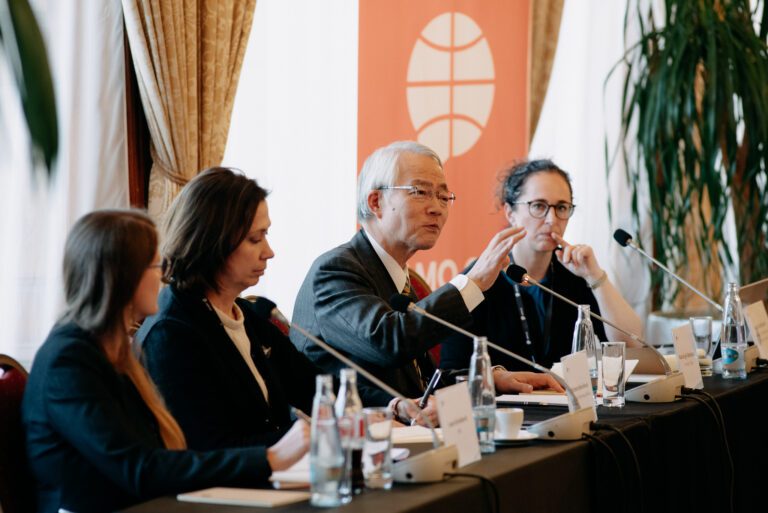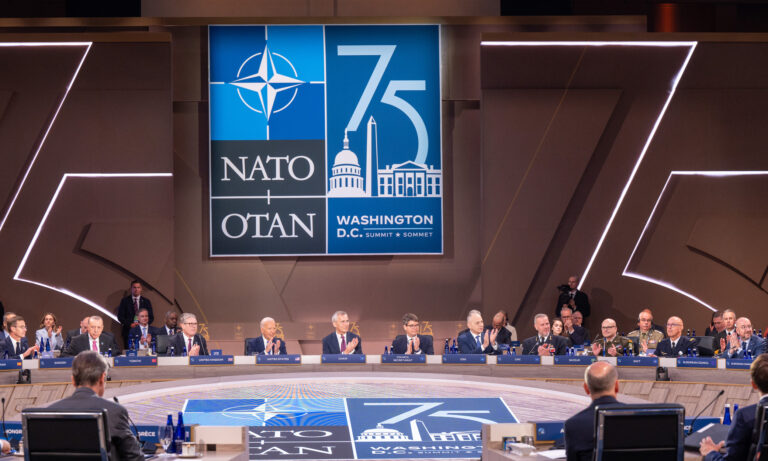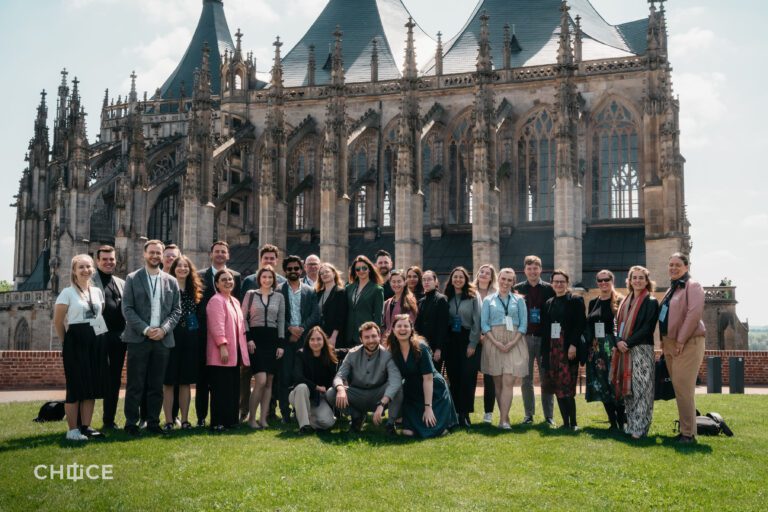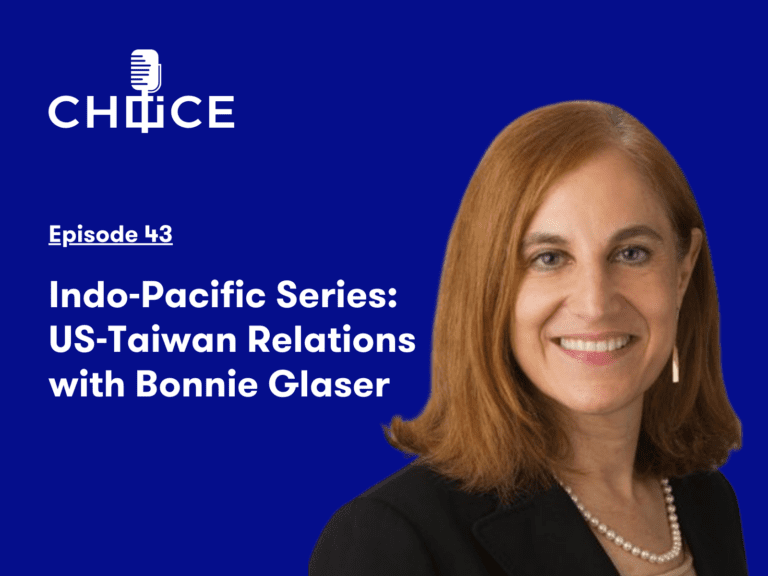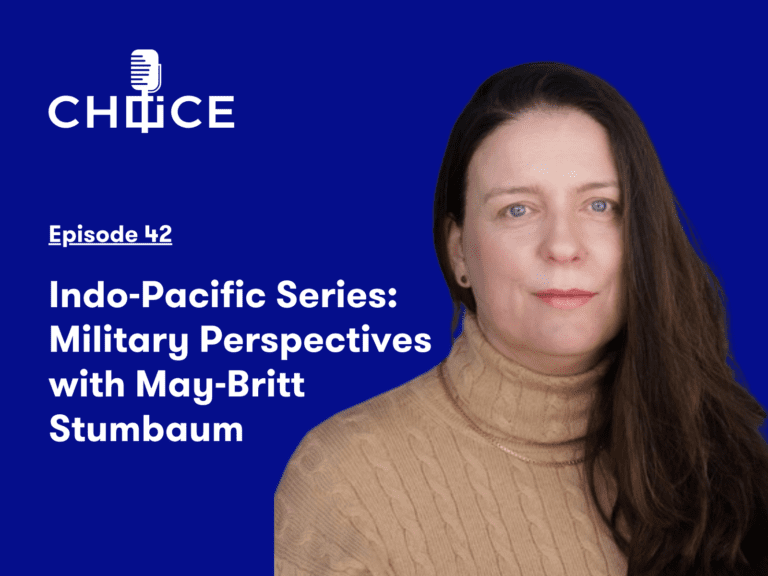#Indopacific
Interlinked Instability: Central and Eastern Europe and the Indo-Pacific in a Changing Geopolitical Landscape
The “Interlinked Instability: Central and Eastern Europe and the Indo-Pacific in a Changing Geopolitical Landscape” conference, held in Prague on March 3–4, 2025, brought together policymakers, academics, and security experts to discuss shared challenges…
Navigating the Indo-Pacific: Expert Perspectives on Key Challenges
The Indo-Pacific region holds significant importance for Europeans, including those in Central and Eastern Europe, due to its vital role in global trade, economic stability, and geopolitical balance. As a major hub of economic…
NATO’s New Mission: Keep America In, Russia Down, and China Out
This article was originally published in The Diplomat and is republished here with the permission of the authors. NATO has been taking its lessons from the Euro-Atlantic area to prepare for contingencies in the…
Future CHOICE Summer School Revisited: Navigating the Indo-Pacific
May 2024 marked a significant milestone for the Future CHOICE program as we welcomed twenty young professionals from across Europe to the second edition of the Future CHOICE Summer School. Set on the historic…
Voice for CHOICE #43: Indo-Pacific Series: US-Taiwan Relations with Bonnie Glaser
In recent years, we have seen increased tensions in the Taiwan Strait. China has intensified its military drills around the island and increased coercive tactics against Taiwan, sparking debates about a potential contingency. Discussions…
Voice for CHOICE #42: Indo-Pacific Series: Military Perspectives with May-Britt Stumbaum
NATO’s growing interest in the Indo-Pacific region has stemmed from the Alliance’s recognition of the strategic implications of China’s rise. Furthermore, the war in Ukraine has underscored the growing geopolitical interdependence between the Euro-Atlantic…
How to Deal with the War Machine? China’s Narratives and Policies After NATO’s Summit in Vilnius
The recently concluded NATO summit has reinforced Chinese authorities’ belief that the Alliance activity with partners in the Indo-Pacific is part of the US hegemonic interests. In an effort to counter this, China is developing a narrative of NATO as a destabilizing actor while strengthening its military capabilities, including in cooperation with foreign partners.
The Shifting Balance of Power and the Rise of Minilateralism: The Indo-Pacific and Beyond
Until recently, multilateralism formed the backbone of the post-war rule-based international order. However, multilateral organizations such as the United Nations have increasingly struggled to effectively address regional and global challenges. Dissatisfaction with the existing institutional framework, coupled with the intensifying superpower competition between China and the US, have instead brought about a worldwide rise in new minilitaral agreements.
Unlocking the Potential of EU-India Relations: The ‘China Factor’
India has traditionally championed the principles of strategic autonomy and non-alignment as core guiding tenets of its foreign policy. However, in recent years there have been marked shifts, most notably in its security and economic ties with the EU, that suggest a recalibration of India’s outlook. This development can be attributed to the growing influence of the ‘China factor’ in India’s calculations – a potential game-changer in EU-India relations.
Italy’s Taiwan Policy at a Crossroads
The government of Georgia Meloni in Italy has to decide whether to upgrade its relationship with Taiwan as it reconsiders ties with China.
Taiwan and Germany’s China Strategy
As Germany works on its new China strategy, there is a need to comprehensively define an
approach to ties with Taiwan as well.
